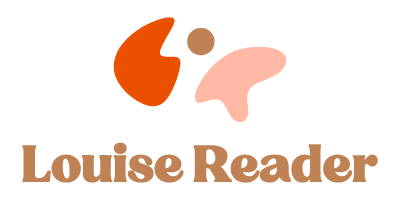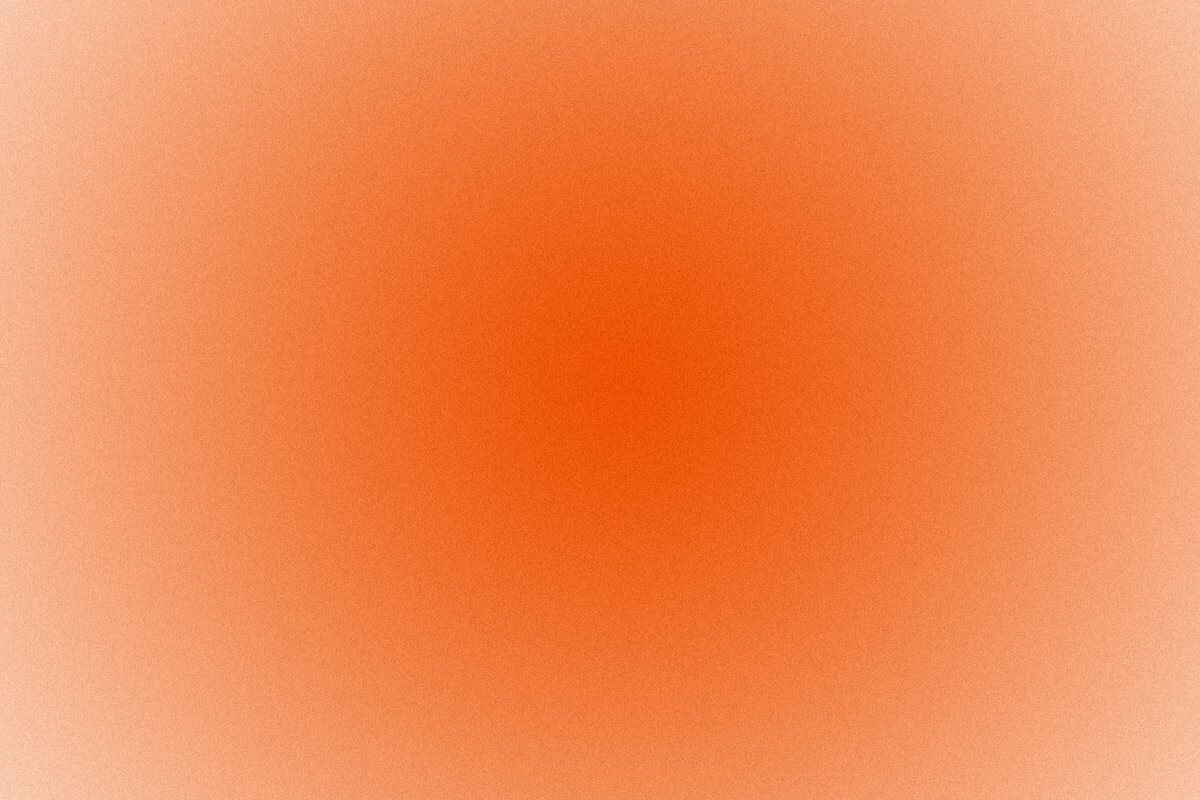A colleague recently shared his struggles with me, explaining how exhausting it can be to maintain concentration while writing documents. His experience got me thinking about the difference between concentrating and focusing, and how understanding this distinction can improve both productivity and mental well-being.
Concentration vs. Focus
The terms “concentrate” and “focus” are often used interchangeably, but they describe different approaches to attention. Concentration involves exerting significant mental effort to block out distractions and stay on task. It’s deliberate and intense, often requiring a heightened level of willpower. While this can be effective for short periods, the sustained effort can be mentally exhausting, leading to fatigue and decreased productivity over time.
Focus, by contrast, is about directing attention in a more relaxed and natural way. It doesn’t demand the same level of intensity or effort as concentration. Think of focus as a steady, calm engagement with the task at hand, where distractions fade into the background without the need for force or struggle.
The distinction may seem subtle, but it can have a profound impact on how we approach tasks. Concentration feels like trying to tightly grip a slippery object, whereas focus resembles gently holding something in place with minimal effort.
A Practical Shift
When I suggested to my colleague that he try focusing instead of concentrating, he was sceptical at first. But after giving it a shot, he was surprised by how much easier it became to work on his documents. His newfound sense of ease not only improved his productivity but also reduced the mental strain he had been experiencing.
This simple shift can be transformative, and it’s something you can experiment with yourself.
Try It for Yourself
Here’s a quick exercise to help you feel the difference between concentrating and focusing:
Find an object in your environment to look at—perhaps a piece of art, a plant, or even your coffee mug.
Start by concentrating on the object. Notice how much effort it takes to keep your attention fixed on it. You might feel your mind working hard to block out other stimuli.
Next, shift to focusing on the same object. Instead of forcing your attention, allow it to settle gently. Be curious and relaxed as you observe the object, letting distractions come and go without resistance.
Did you notice the difference? For most people, focusing feels lighter and more sustainable, while concentrating feels heavier and more draining.
The Science Behind Effortless Attention
Why does focusing feel easier than concentrating? The answer lies in how our brains handle attention. Concentration often triggers the brain’s “fight or flight” response, as it involves suppressing distractions and hyper-focusing on one thing. This can lead to tension and fatigue.
Focusing, on the other hand, taps into the brain’s natural ability to direct attention in a calm, non-resistant manner. By allowing distractions to exist without engaging with them, we conserve mental energy and reduce stress.
Applying Focus in Daily Life
Incorporating focus into your daily routine doesn’t require a major overhaul. Start by practising mindful observation during simple tasks, such as washing dishes, walking, or having a conversation. Shift from concentrating on doing things “right” to focusing on the process itself.
For work tasks, set clear intentions for what you want to accomplish and approach them with curiosity rather than rigidity. This mindset can help you stay engaged without exhausting yourself.
A Balanced Approach to Attention
While concentration has its place—such as in short bursts for solving complex problems—relying on it exclusively can lead to burnout. Focusing offers a more balanced and sustainable way to direct your attention, helping you achieve more with less effort.
By understanding and practising the difference between concentrating and focusing, you can transform how you approach tasks, reduce mental fatigue, and cultivate a greater sense of ease in your daily life. So, why not give it a try? The next time you feel overwhelmed, take a moment to pause and shift your attention from effortful concentration to gentle focus. The results might surprise you.
Related Posts
October 31, 2025
Ground and Restore: Reconnecting with Your Body
Slow down, listen to your body, and release stored tension through mindful…
September 25, 2025
Discovering Guidance Through Embodied Awareness
Beneath constant thought, the body quietly speaks. Its wisdom emerges through…
August 26, 2025
Debunking Common Myths About Deep Rest Meditation
Mindfulness is more than a trend. Learn the truth behind common myths about…



